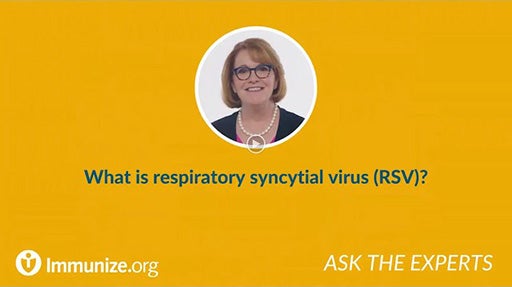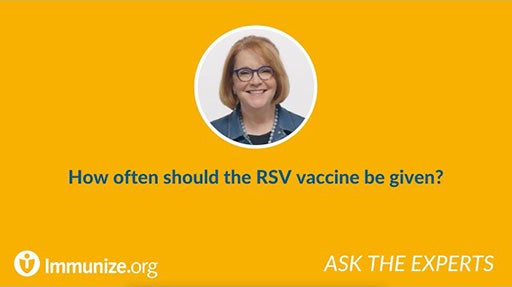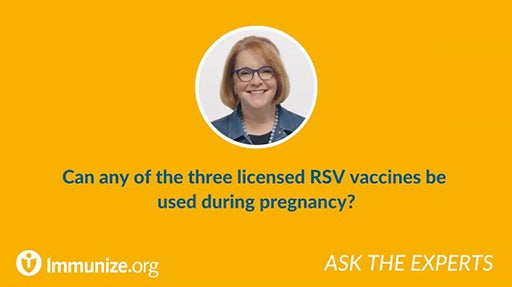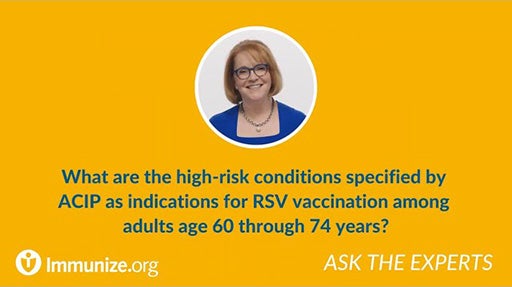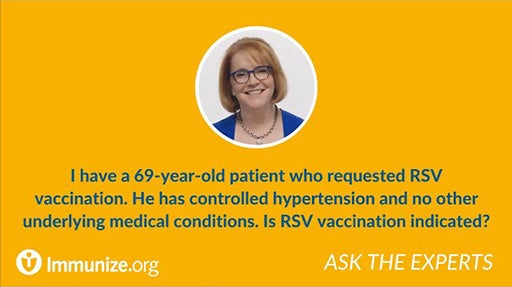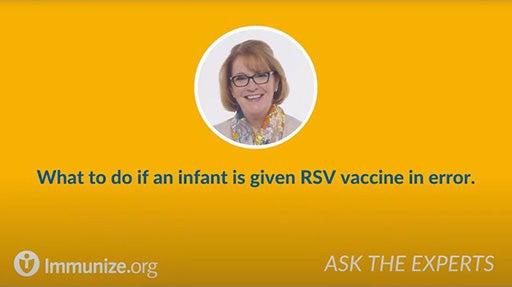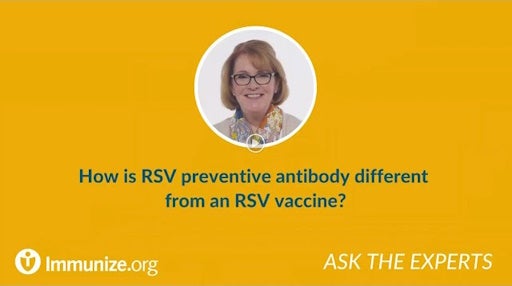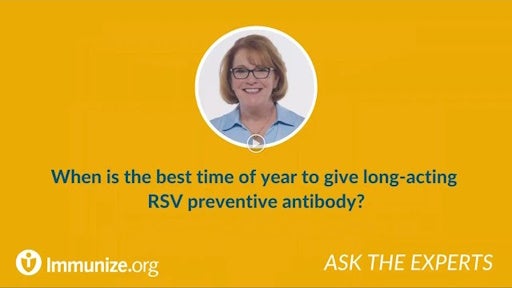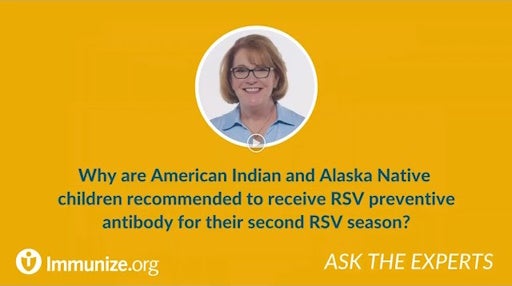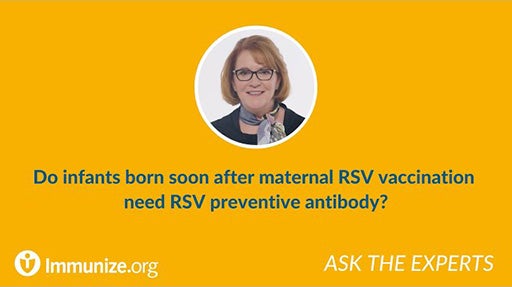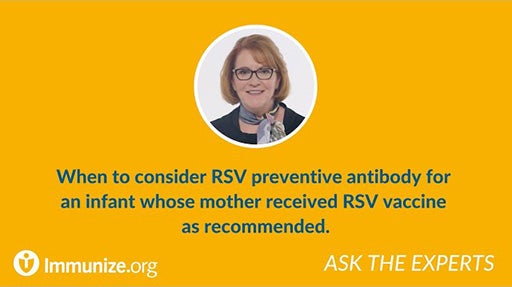- RSV (Respiratory Syncytial Virus)
- Disease Issues
What is respiratory syncytial virus (RSV)?
Respiratory syncytial virus (RSV) is a common respiratory virus, usually causing mild, cold-like symptoms, such as cough, runny nose, sore throat, headache, fatigue, and fever. Though most people recover in a few days, for some people, RSV can cause serious lower respiratory tract infection (LRTI), such as bronchiolitis or pneumonia. RSV is the most common cause of hospitalization in infants in the United States. Older adults, especially those with chronic health conditions and those age 75 and older, are also more likely to develop severe RSV disease and need hospitalization. There is no specific treatment for RSV illness, only supportive care.
RSV causes annual outbreaks of respiratory illness in people of all ages. In the continental United States, RSV typically circulates in the fall and winter months, between October and March, although its seasonality can vary locally from year to year.
